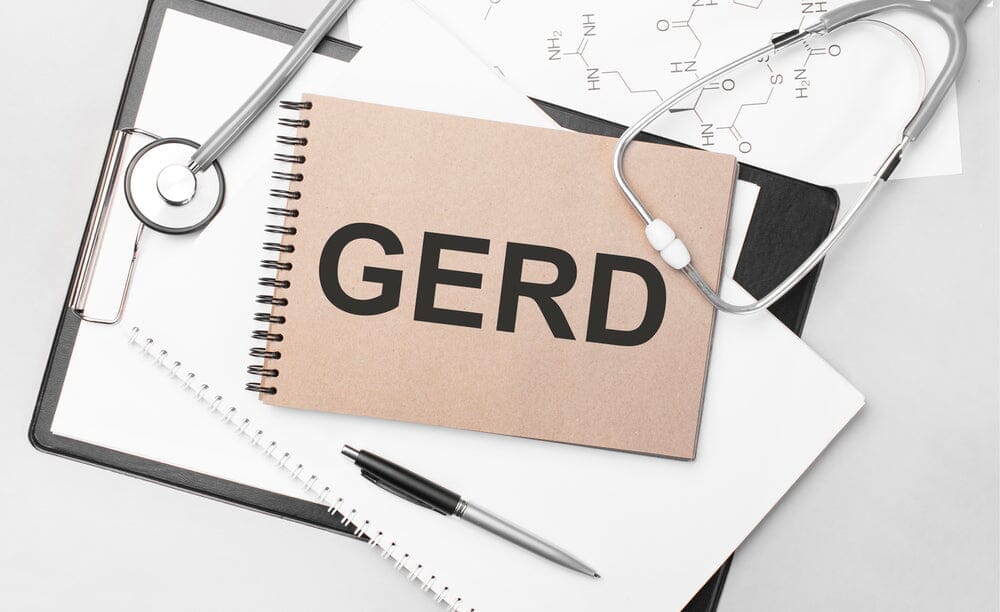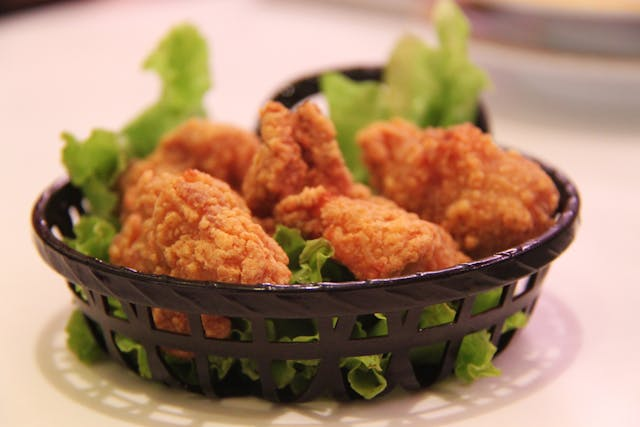
What is the GERD Diet? What Should I Avoid Eating when I have GERD?
Time to read 3 min
Time to read 3 min
The GERD diet is a set of food groups and food items that you should avoid eating to prevent irritation, inflammation, and accompanying symptoms. Acid reflux can also be avoided in large parts due to the elimination of triggering foods.
While these food groups may interact differently for different people, it is important to continue finding the triggering foods so that you can gain digestive normality. Some people may find better relief cutting out milk or peanuts depending on their gastrointestinal response.
Essentially, you should focus on more fruits and vegetables that are rich in nutrients. You can also avoid triggering foods that can cause reflux in some cases. The most important aspect of changing your diet is to start focusing on the nutritive value of your foods.
These are some of the common foods that people with gastroesophageal reflux disease GERD should avoid in general.
Dairy products are trigger foods for several people, which is why it is recommended to cut out dairy when you have GERD. The milk compounds in cheese, and other products, can trigger the digestive acids to reflux in some cases.
High-fat meat can also be difficult to digest as the body takes longer to process the proteins and fat content of meat. You can switch to lean cuts and fish, to ensure that you're not adding a heavier load on your digestive system.
Oily foods are harder to digest over time, which is why doctors recommend avoiding them. Your body isn't able to effectively process the high fat content of oily foods, which is why you start to get the symptoms of GERD when you consume them.
Packaged and highly processed foods can give oesophageal issues, as they're not nutrient-rich and cause reflux in some cases. You should always opt for fresh and healthier options so that you're able to improve your digestive health.
Soft drinks and carbonated drinks can increase the acidity of the stomach when consumed in large numbers. Your body isn't able to digest food properly as it focuses on the sugars present in the soft drink. You can start to get heartburn, acidity, and reflux when you have GERD and you consume these drinks.
It is important to note that you should consult with your doctor before starting any new diet. You should also make the necessary changes within the diet so that you're not affecting other medical conditions that you may be managing.
Oatmeal, raspberries, bananas, strawberries,
Mixed salad, greens sabzi, chapati,
Quinoa, fruit bowl, fruit smoothie
Sauté vegetables, Italian/Mediterranean low-GI, non-dairy cuisine, lean fish
Avocado on toast, poached eggs,
Mix salad, sabzi, chapati, nuts
Fruit bowl, smoothie,
Dosa, sabzi, salad,
Boiled eggs, toast, fruit bowl
Mixed salad, dal, chapati, sabzi
Avocado toast, crackers, nuts & seeds
Salad, sabzi, quinoa, soup,
You should track your symptoms of GERD when you follow an all-natural and fruits and vegetables focused diet. You should also consult with your doctor whether this diet can work for you, and what changes can be introduced to better fit your health outcomes.
You should feel a declining in the symptoms severity over time. The core symptoms of gastroesophageal reflux disease and other issues with the lower esophageal sphincter, should decrease in severity as well.
You should also feel less gas, bloating, and other GERD signs. The secondary symptoms such as body pain, weakness, etc. should also reduce when you understand what foods to avoid. People with GERD should also feel lighter and avoid the risk of getting gas and bloating through avoiding the trigger foods.
* * Medical Disclaimer - The following information is for educational purposes only. No information provided on this website, including text, graphic, and images, are intended as substitutes for professional medical advice. Please consult with your doctor about specific medical advice pertaining to your condition(s).


